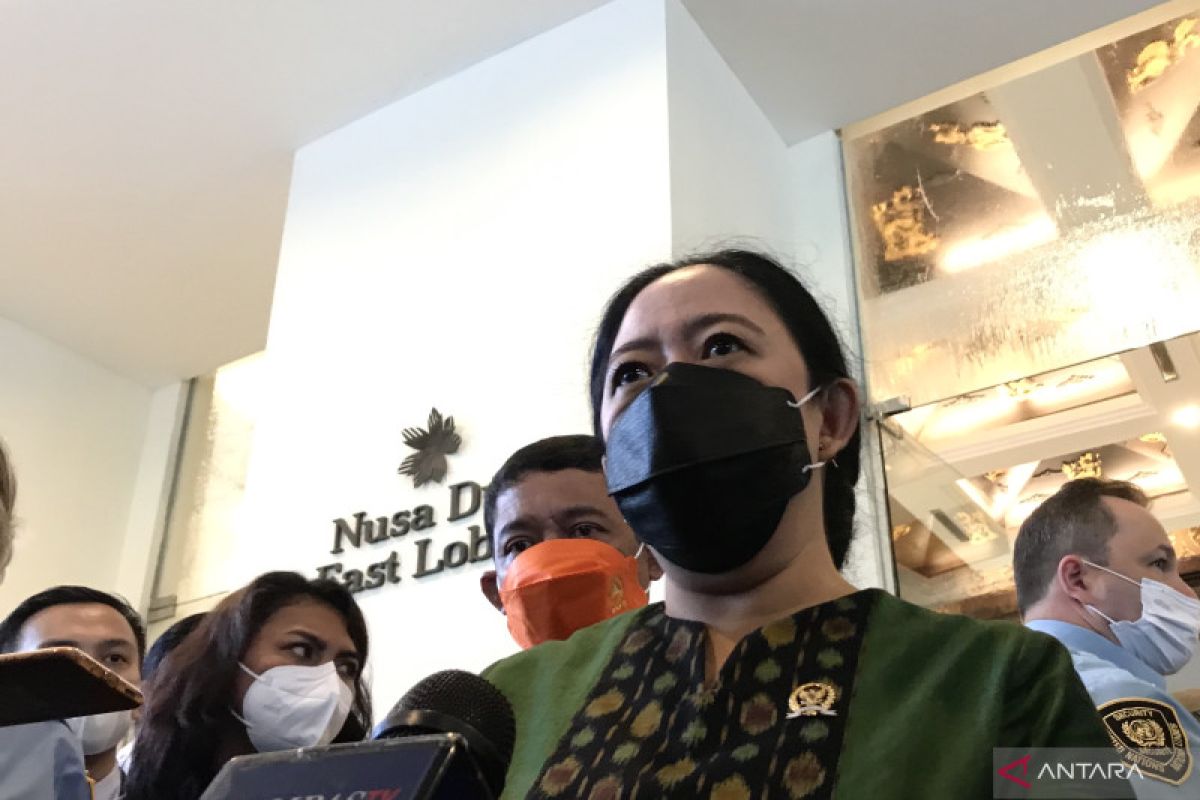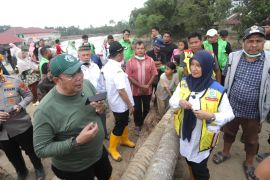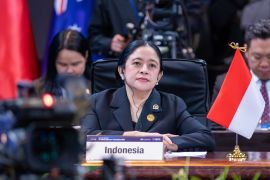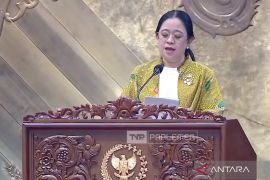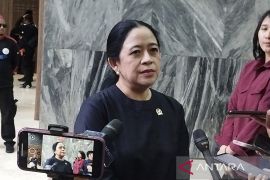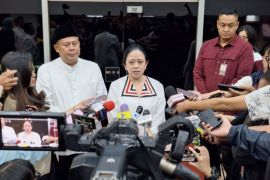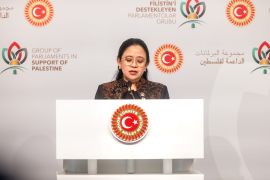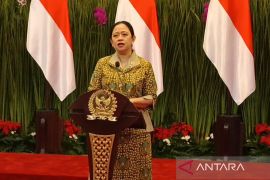"This disaster mitigation is important for the safety of all residents. Although there are unavoidable disasters, such as earthquakes, with maximum disaster mitigation, the impact can be reduced to a minimum," Maharani noted in a written statement received here, Saturday.
According to World Bank's data, Indonesia is ranked 12th out of the 35 countries most prone to disasters. In fact, it is estimated that over 40 percent of Indonesia's population is threatened by this risk.
Maharani later noted that geographically, Indonesia is an archipelagic country located at the confluence of four tectonic plates: the Eurasian plate, Indo-Australian continent, Indian Ocean, and Pacific Ocean.
In addition, Indonesia is located in the Ring of Fire zone, with several active volcanoes. This geographical aspect makes Indonesia prone to earthquakes and tsunamis, she added.
"However, this can be mitigated. For example, by increasing tsunami detection tools in vulnerable areas. In addition, mitigation by providing information to residents regarding earthquake mitigation can have a big impact," she noted.
Related news: Indonesia records 1,137 disasters as of March 2022: BNPB
In addition to geological disasters, other disasters that usually occur in Indonesia are hydrometeorological disasters, such as floods, landslides, forest fires, and droughts.
Such hydrometeorological disasters are caused by natural and human activities and hence can still be prevented.
"Flood disasters can be prevented by the community by not discarding garbage into rivers. The government also has a big role in ensuring that no buildings stand in water catchment areas," she remarked.
Maharani also ensured that the DPR, under her leadership, continues to help the government in mitigating the impacts of natural disasters.
The speaker noted that the Indonesian parliament had at least four important roles to play in supporting the government to handle disasters.
The first role was strengthening development policies without compromising the capacity of the environment, while the second pertained to supporting disaster mitigation policies that involve the participation of all parties, including the government, the general public, and industry.
The third role was providing a legal basis for managing environment-friendly development and disaster mitigation.
"Fourth, providing sufficient budget for risk reduction and increasing community resilience to disasters," she stated.
Maharani is optimistic that in future, disaster mitigation in Indonesia would be conducted more optimally to minimize damage when a disaster occurs.
Related news: Strengthening regional capacity for reducing disaster risks
Related news: Indonesia braces for hydro-meteorological disasters
Translator: Syaiful Hakim, Resinta S
Editor: Suharto
Copyright © ANTARA 2022
